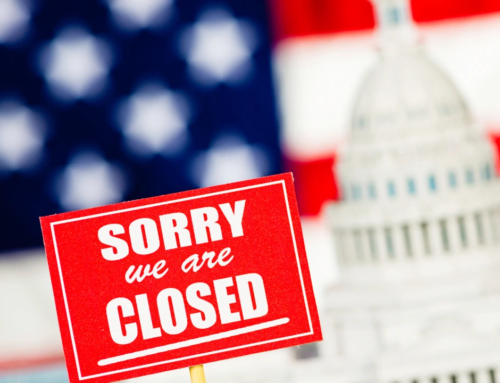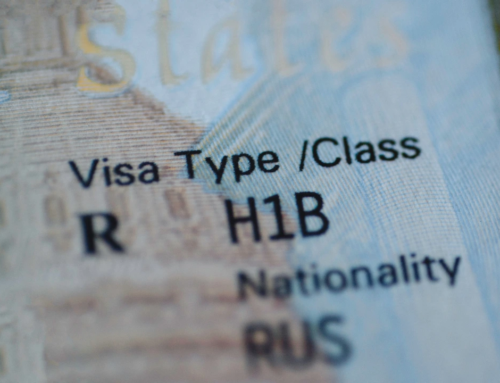The U.S. Federal Trade Commission’s (FTC) noncompete ban, set to take effect on September 4, 2024, has sparked significant legal debates and opposition from various sectors. The rule aims to prohibit employers from entering noncompetes with any workers and render most existing noncompete agreements unenforceable. However, recent rulings by federal judges and pushback from key industry groups highlight the contentious nature of this regulation.
Differing Judicial Opinions on the FTC’s Noncompete Ban
Texas Federal Judge Blocks the Ban
On July 3, 2024, Judge Ada Brown of the US District Court for Northern Texas issued a temporary partial block of the FTC’s noncompete ban. This ruling specifically applies to the plaintiffs named in the lawsuit against the FTC, including Ryan LLC, the US Chamber of Commerce, and the Texas Association of Business. Judge Brown criticized the FTC rule as “arbitrary and capricious,” deeming it overbroad and lacking a reasonable explanation. The judge’s narrow ruling, however, only affects the five entities involved in the lawsuit.
Brown is expected to make a final decision on the broader applicability of this ruling by August 30, 2024, days before the rule’s scheduled effective date. If she issues a nationwide injunction within the next month, it could at least buy employers more time.
Pennsylvania Court Upholds the Ban
Contrasting the Texas ruling, federal judge Kelley Brisbon Hodge in Pennsylvania upheld the FTC’s noncompete ban on July 23, 2024. The case involved ATS Tree Services, a company that failed to demonstrate irreparable harm from the rule. The court found no evidence that ATS employees would quit or intend to resign due to the FTC rule. Judge Hodge asserted the FTC’s authority to issue rules preventing unfair competition, thus denying the preliminary injunction sought by ATS Tree Services.
In her decision, Judge Hodge pointed out that ATS Tree Services had not provided sufficient evidence to substantiate their claims of potential harm. She noted that the speculative nature of their arguments did not meet the legal standard required to block the rule. Furthermore, Judge Hodge reaffirmed the FTC’s mandate to protect consumers and promote competition, underscoring the importance of preventing unfair business practices.
Industry Groups Pushing Back Against the Ban
Hospital Industry
The hospital industry, represented by the American Hospital Association and the Federation of American Hospitals, has actively opposed the FTC’s noncompete ban. These groups argue that the rule could disrupt the healthcare labor market by creating an uneven playing field. They highlight the unique dynamics of nonprofit hospitals, which the FTC’s noncompete ban doesn’t cover, potentially leading to disparities in the sector.
The hospital associations’ brief emphasizes that noncompete agreements are crucial for maintaining continuity of care and protecting patient relationships. They argue that without noncompetes, healthcare providers might experience higher turnover rates, leading to disruptions in patient care and increased costs associated with recruiting and training new staff.
Insurance Industry
The American Property Casualty Insurance Association also filed a brief opposing the ban . They contend that the FTC lacks the statutory authority to impose such a ban. Additionally, they argue that noncompete agreements are vital for protecting investments in employee training and safeguarding confidential information.
The insurance industry’s arguments center around the need to protect trade secrets and proprietary methods. They believe that eliminating noncompetes would make it easier for competitors to poach key employees and gain access to sensitive information, ultimately harming the industry and consumers.
Finance Industry
Finance industry groups, including the American Investment Council and the Managed Funds Association, have joined the legal battle against the noncompete ban. These groups support challenges to the FTC rule in various courts, asserting that noncompetes are essential for maintaining competitive advantages and protecting trade secrets.
The financial services sector relies heavily on noncompetes to secure client relationships and confidential data. Industry representatives argue that without these agreements, the competitive landscape would shift, potentially leading to increased litigation over trade secret theft and a less stable job market for financial professionals.
Potential Outcomes and Future Implications
Expanded Judicial Rulings
The differing opinions among federal judges indicate that the future of the FTC’s noncompete ban will likely be decided by higher courts. The upcoming ruling from Judge Brown, could either narrow or broaden the scope of the initial temporary block. Similarly, ongoing cases in other jurisdictions, such as Florida, will further shape the legal landscape.
As these cases progress, the legal arguments and evidence presented will provide a clearer picture of the ban’s impact on various industries. Higher courts, including appellate courts and potentially the Supreme Court, may ultimately decide on the validity and scope of the FTC’s rule.
Legislative and Regulatory Adjustments
Should the courts ultimately uphold the FTC’s authority to implement the noncompete ban, industries might push for legislative changes to limit the scope of the rule. Alternatively, Congress could intervene to clarify the extent of the FTC’s regulatory powers, potentially leading to new legislation that balances worker mobility with the protection of business interests.
Policymakers may consider introducing amendments to the existing rule to address sFTecific concerns raised by industry groups. These adjustments could include exceptions for certain professions or limitations on the duration and geographic scope of noncompete agreements.
Industry Adaptations
Industries affected by the FTC’s noncompete ban will need to explore alternative strategies for protecting their interests. This could involve increased use of non-disclosure agreements and other contractual mechanisms to safeguard proprietary information and retain talent. Employers might also invest more in creating a workplace culture that fosters employee loyalty without relying on restrictive covenants.
Businesses may also enhance their focus on employee engagement and retention strategies, such as offering competitive compensation packages, career development opportunities, and flexible work arrangements. These measures can help mitigate the potential loss of key employees and reduce the reliance on noncompetes.
Looking Ahead
The noncompete ban is at the center of a complex legal and regulatory battle, with federal judges issuing differing opinions and significant opposition from key industry groups. The final outcome remains uncertain, but it’s clear that the ban has sparked a crucial debate on the balance between worker freedom and business protections. As the legal proceedings continue, businesses and employees alike must stay informed and prepare for potential changes in the employment landscape.




